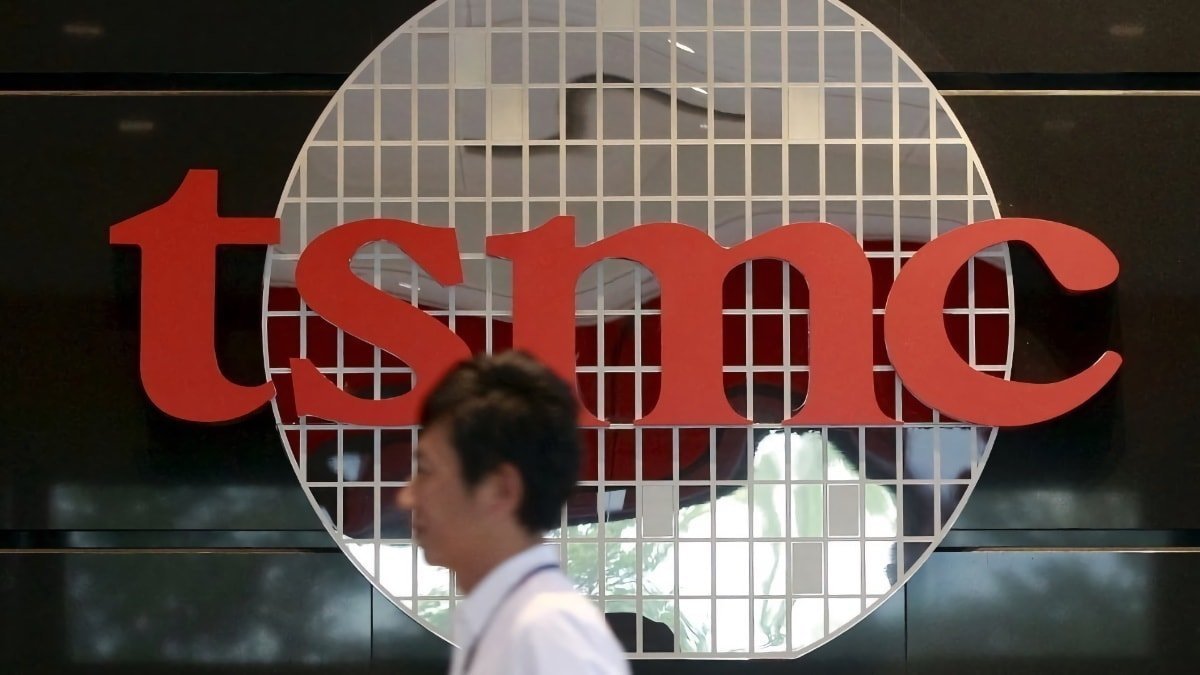TSMC says China's raw material export restrictions won't hurt -- for now
China's government has moved forward with restricting exports on certain materials central to chip manufacture -- but TSMC does not foresee this will impact production in the short term for Apple devices.

TSMC
Tensions between the United States and China continue, with the two government bodies going back and forth with specific restrictions impacting businesses on both sides. It's notable enough that major companies like TSMC are considering moving some of its operations to Japan, hoping to avoid some potential blowback.
Now the government has moved a step forward by restricting exports on certain materials that are directly connected to chip manufacturing: germanium and gallium. A recent report from Reuters says the world's largest contract chipmaker, Taiwan Semiconductor Manufacturing Company, does not foresee any direct impact to its production following the Chinese government's decision.
That decision arrived on July 3, and one Chinese trade adviser has said it's "just a start" to what may be coming down the pipe.
In an emailed statement, TSMC said, "After evaluation, we do not expect the export restrictions on raw materials gallium and germanium will have any direct impact on TSMC's production." The company added that it will "continue to monitor the situation" as it unfolds.
The tensions relate in part to trade disputes between the two countries. If those issues worsen, it's possible the Chinese government could double down on export restrictions moving forward, as is suggested by that aforementioned trade adviser.
U.S. Treasury Secretary Janet Yellen is scheduled to visit with the Chinese government soon, and trade talks are on the docket. If these talks go well, it's possible the Chinese government will lift the current restrictions it has in place, but things could go the other way, too.
The report also notes that other companies that rely on access to the restricted materials from China may also avoid any major issues due to the change, as they get the majority of their materials from other sources, like Germany, Japan, and even the U.S.
Even if things get better, or stay the same, rumors have it that Apple's going to up the price tag for its next flagship smartphone, the iPhone 15 Pro Max. That handset is expected to arrive in the fall of 2023.
Read on AppleInsider

Comments
They know these products can be sourced elsewhere but it will take time and money.
It's all part of reducing strategic dependencies but that should not be achieved the way some are currently going about it.
The ban doesn't come into effect for a few weeks and some industries maintain a limited stockpile of strategic elements. Others, less so, but the aim is disruption.
Emperor Xi will fail as badly as Czar Putin.
https://www.washingtonpost.com/opinions/2023/07/06/america-exploit-china-brain-drain/
How America can exploit China's brain drain.
Money talks. In direct salaries or indirect funding.
Talent will more often than not flow to the money. China is currently offering very high salaries to the most talented candidates (wherever they may come from).
This doesn't help either:
https://www.insidehighered.com/news/faculty-issues/research/2023/07/05/study-chinese-scientists-increasingly-leaving-us
The Chinese don't seem to be lacking at home:
https://www.huawei.com/en/news/2023/7/pangu-ai-model-nature-publish
The China Initiative that is no longer in effect, and given that China hasn't reduced its repression, I'd guess that most of those that are leaving aren't going to China, but to other Western countries.
The article was a mess, and even though it very briefly touched on Chinese leaving, it ignored a notable Chinese brain drain from the US which was initiated by its own ill thought out policies.
So, while it was saying the US should welcome Chinese talent, it largely ignored that lots of it was in fact already there but leaving in droves.
A mess.
Singapore is a major science and technology hub but very few top scientists and engineering talent will be able to resist working for Chinese companies which do not even have to be in mainland China. They can be anywhere. They care about salaries and funding. China has no option but to lay out red carpets and has been doing so for years.
Huawei has over 25 major scientific research centres worldwide. For example, the main mathematics research centres are in Russia and France.
You don't become one of the world's top patent filers without talent:
https://kr-asia.com/huawei-enlists-army-of-european-talent-for-battle-with-us